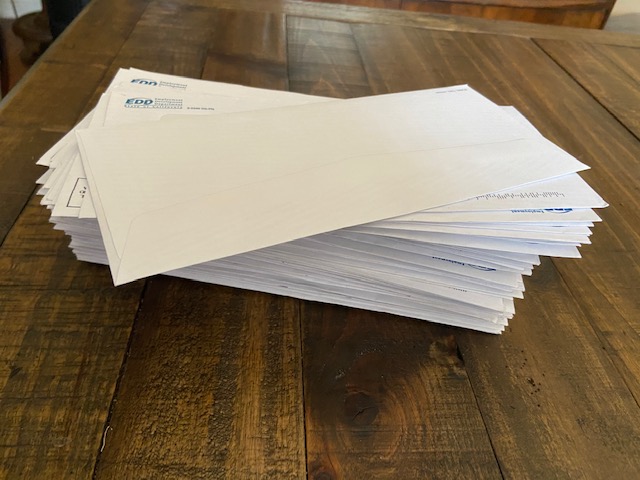Flimflam artist, snake oil salesman, con man – all of these are terms that have been around for centuries although, with the introduction of the Internet, the ability to scam has been increased to unprecedented levels.
An NPR [National Public Radio] 2015 story spoke of A.V. Lamartine, a con man who worked a scam on people from Oregon to Virginia in the mid-1800s. The story goes that Lamartine would check himself into a hotel. He would be notably depressed, almost tearful, and caring people would take notice. When the hotel staff would do a wellness-check they would find Lamartine passed out, or almost passed out, with an empty bottle of laudanum, a tincture of opium. He would “be saved” and people who felt so sorry for this “poor man” would donate money to help get him back on his feet. However, it was discovered that Lamartine would pull this same staged suicide attempt in hotels and towns across the country. He knew exactly how much laudanum to take safely.
Now with burner phones, emails and social media, predators like Lamartine can easily and quickly reach thousands of people with just one scam.
CVW was contacted by a reader on Wednesday about a scam that appears to be occurring throughout California. The reader, who has asked for anonymity, arrived home to find 78 letters in his mailbox from the Employment Development Department of the State of California (EDD). The letters were all marked “Time Sensitive Material” and were addressed to the reader’s address but to 36 different names. Each name had multiple letters addressed to that name.
“I called the police and they said, ‘We don’t handle this,’” he said. “It’s scary because someone has our address and are using it for this scam.”
There have been numerous reports of this type of scam occurring throughout the state.
“It’s extraordinarily unfortunate that fraudsters tend to become much more active during emergency situations like the current COVID situation, exploiting the very efforts California and all other states are taking to issue benefit payments as quickly as possible to workers impacted by this historic pandemic. The EDD’s investigation team is aware that people are receiving multiple pieces of EDD mail while asserting they have not filed an unemployment claim. Our investigators are working with local, state, and federal partners in exposing fraudulent schemes at the core of these multiple claims, developing methods to stop and prevent such claims from being paid, and prosecuting the unscrupulous offenders to the fullest extent of the law,” stated EDD in an email request about this issue.
EDD has released instructions for people on what to do if they receive multiple items that do not belong to them through the mail or witness other suspicious activity: First, they suggest reporting it immediately to EDD by going to its website and filling out a Fraud Reporting Form; however, the form provided does not cover this particular type of fraud. There is a fraud hotline (800) 229-6297 people can call to make a report but, again, there is not a lot of information available about this particular scam.
People who receive multiple items from EDD that do not belong to them can mail the items back to EDD, P.O. Box 826880, MIC 43, Sacramento, California, or simply write “Return to Sender” on each of the envelopes and give them to the mail carrier.
Receiving the 70-plus envelopes from EDD was disturbing on its own, but it came on the heels of yet another scam attack at the reader’s home.
“Last week we had three [separate] people come and ask why they weren’t receiving the dogs they ordered,” the reader said.
Neither the reader nor the roommates at the home knew anything about dogs being sold. The people who came to the door all had similar stories of finding a person online who was selling puppies. They contacted the number on the website and arranged to buy the puppy, paying a down payment to the person.
“One person said he started having doubts when the puppy sellers asked that instead of sending the $150 deposit to the business send it to his ‘cousin’s PayPal’ account,” the reader added.
According to several reports on both of these types of scams, a common thread was found – many of the residences are recently rented or homes that have been listed as rentals including vacation rentals. This would align with the reader’s situation.
Next week CVW will cover more scams and what law enforcement advises people to do to avoid them.

